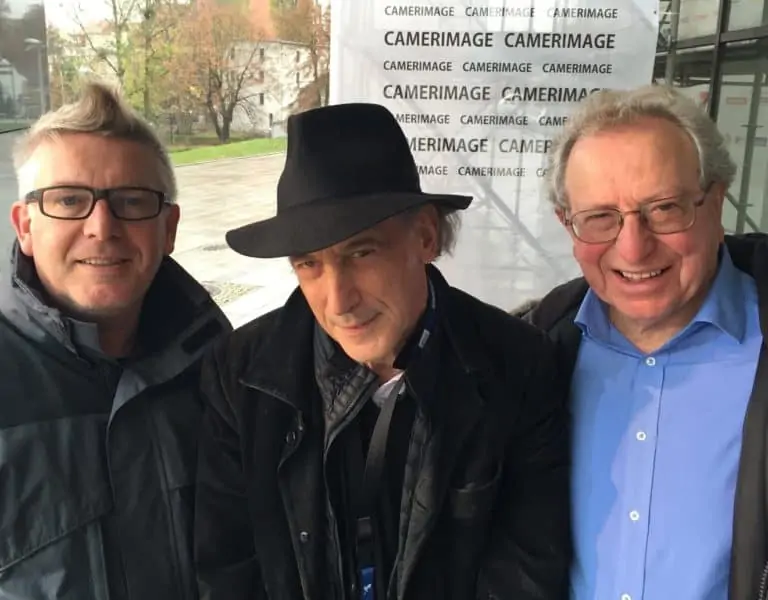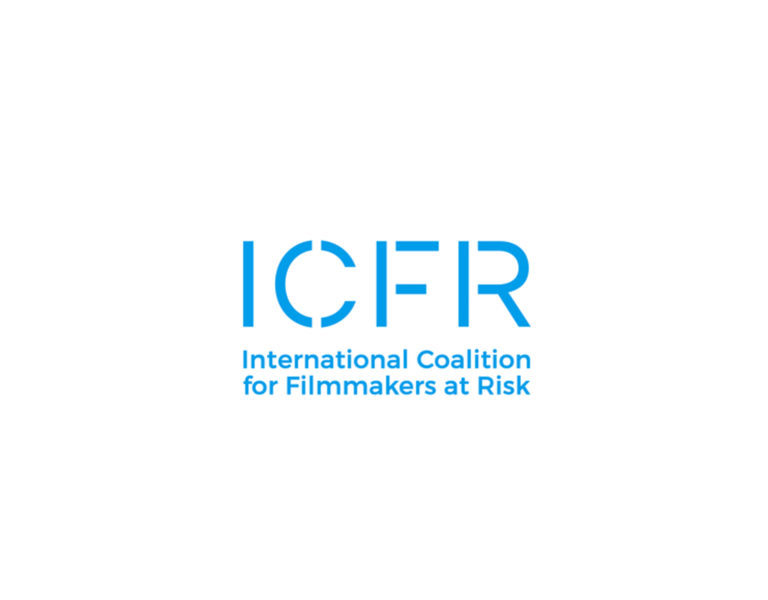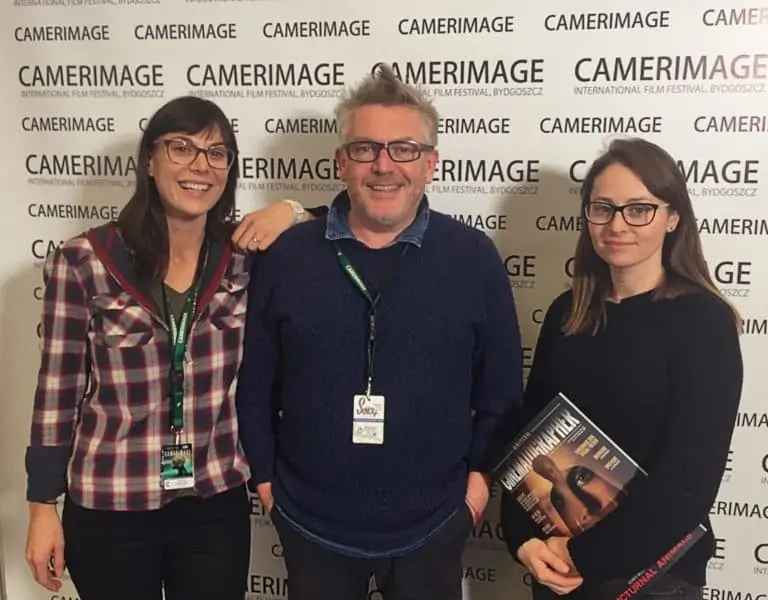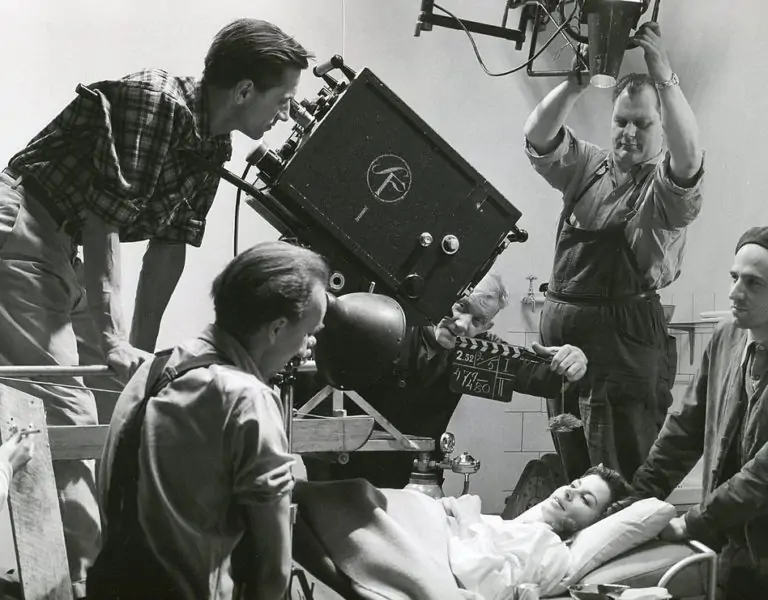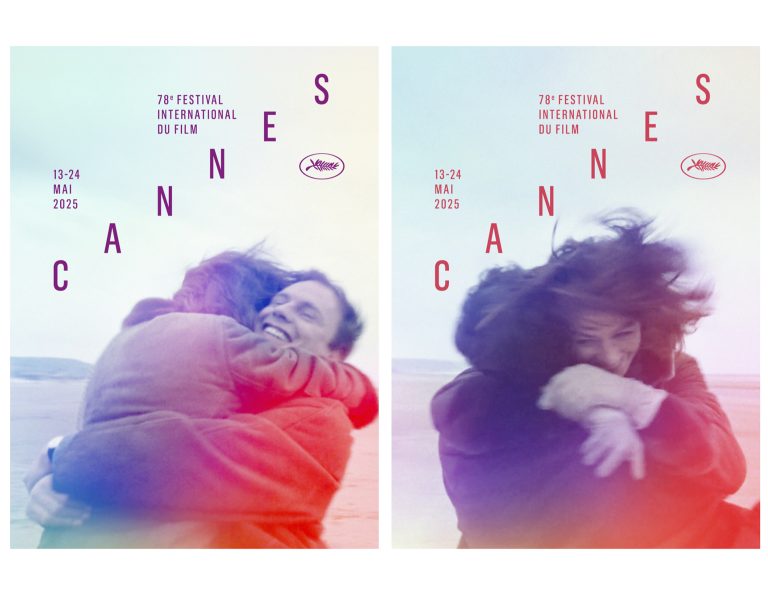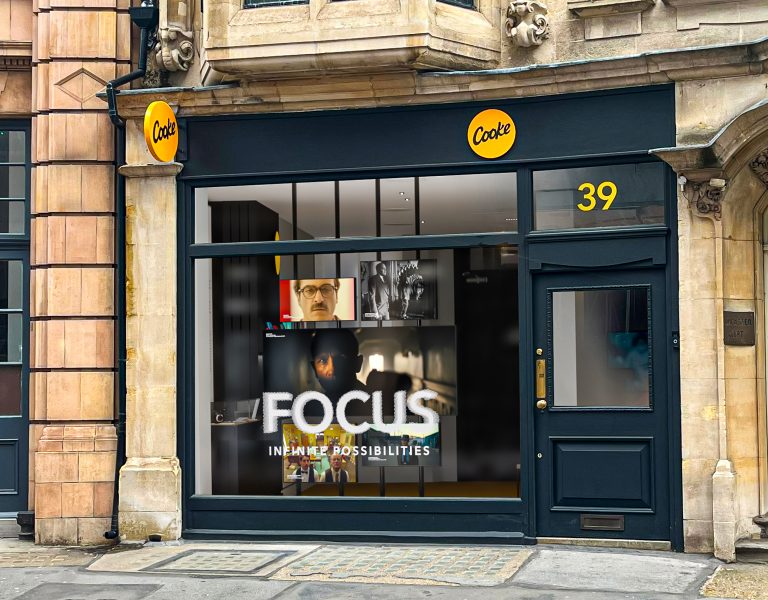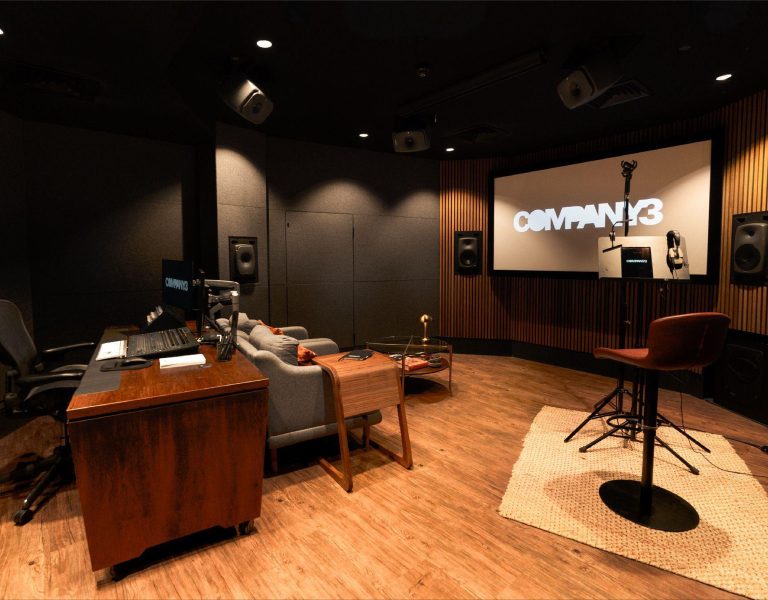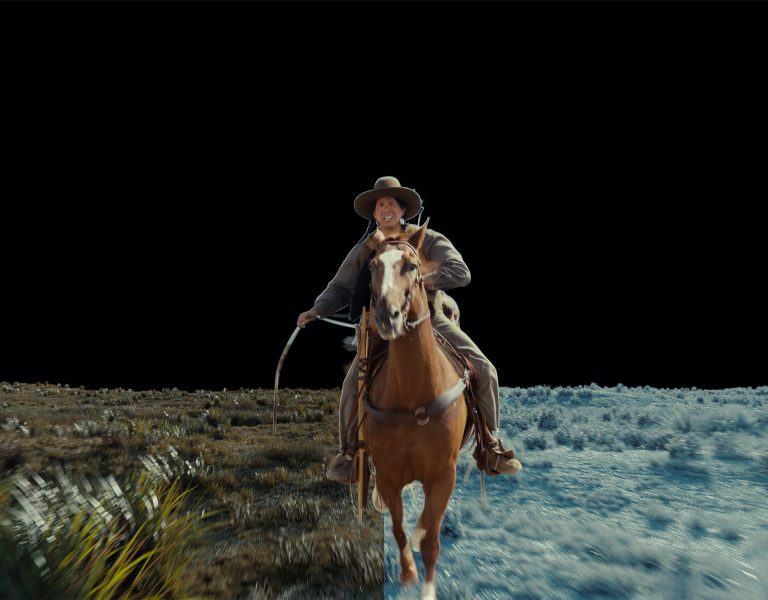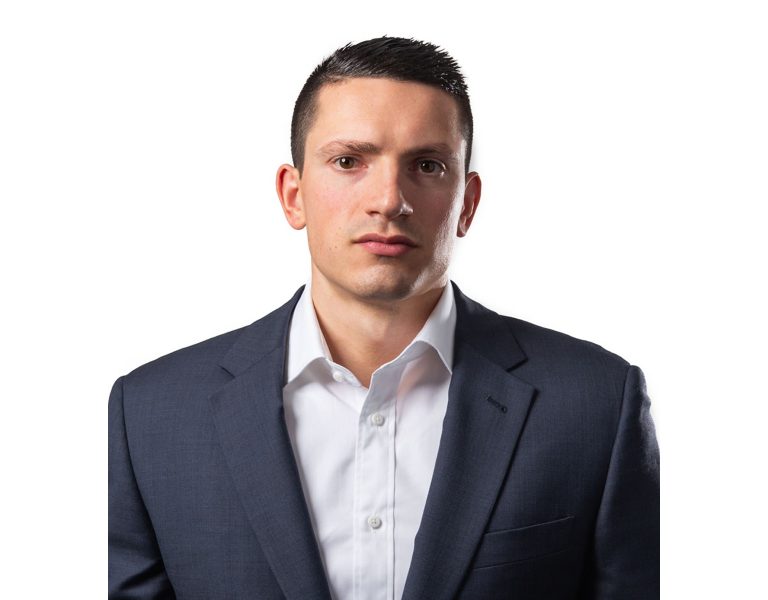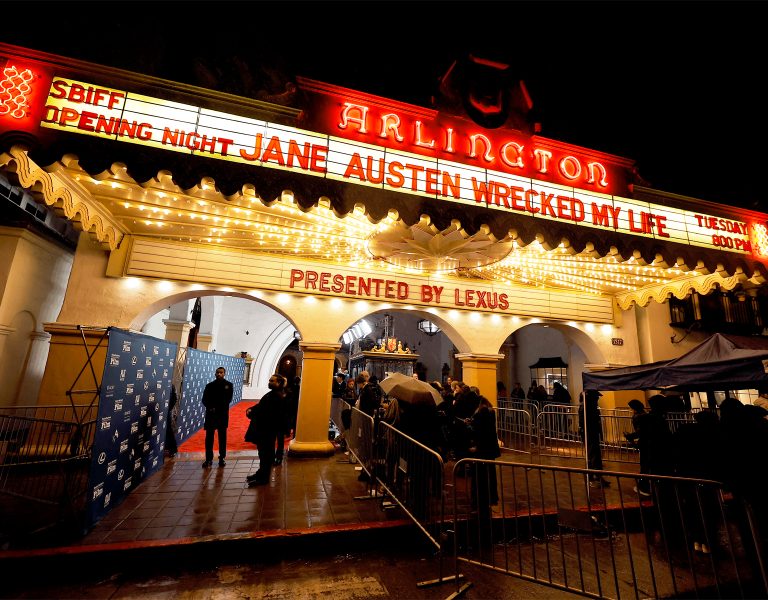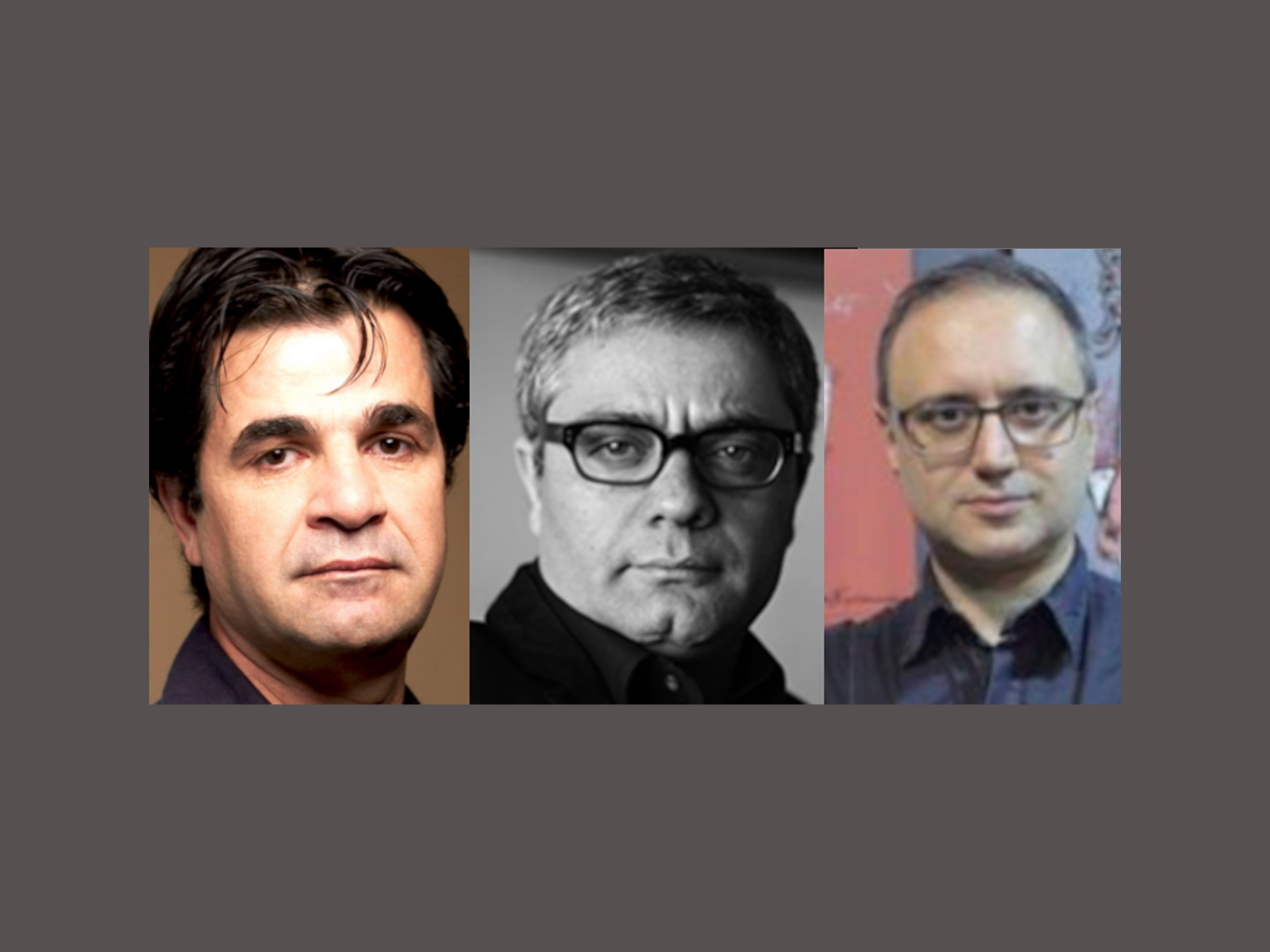
The International Coalition for Filmmakers at Risk released the following open letter:
“The cinema of Iran – the beautiful face of Iran and its culture, that the whole world fell in love with, that stood on its own defending Iran’s people against prejudice and the passing currents of political conflicts – has been especially under attack these last days.
The last weeks have seen a wave of arrests amongst the filmmaking and artistic communities in Tehran, with the iron grip of repression tightening itself around a courageous and growing number of individuals who have chosen to protest against a wide range of issues. This has been crystallised in recent days around the protesting against the disproportionate violence towards civilian protestors.
It is Iran’s filmmakers who defy a simplistic negative view of their country. It is these same filmmakers who work tirelessly to bridge the massive gap that politics have created.
Whether the Islamic Republic chooses arbitrarily what to like and not to like, what to approve and not approve and what to take credit for when its filmmakers gain huge success on the international stage – one thing is clear from recent events– a huge crackdown is underway and Iranian film artists now have a clear statement as to where exactly the red line lies.
In May, Firouzeh Khosrovani and Mina Keshavarz, two internationally renowned documentary filmmakers, were arbitrarily arrested after security forces raided their homes. Around the same time, this happened in the homes of at least 10 other documentary filmmakers and producers. The usual rituals of confiscating mobile phones, requisitioning of laptops and hard drives were observed.
‘Cinema is the most important art!” it has been said. In Iran today this statement can be taken one step further, especially in the context of documentary filmmakers who have become the conscience of the nation, who tell the essential stories and a mirror of society. Their documentary films try to hold to account those responsible for the ills in Iranian society.
More than ever it is crucial that the international film community comes together and speaks up on behalf of those who have become silenced through repression and imprisonment, in the same way those filmmakers were giving voice to the voiceless and oppressed.
In recent days, the Government of the Islamic Republic of Iran has arrested three more filmmakers over an appeal they posted on social media speaking out against the disproportionate repression of civil protestors: the award-winning filmmaker Mohamad Rasoulof and documentary filmmaker, writer and researcher Mostafa Al-Ahmad were taken into custody for posting a statement on social media urging members of the Iranian security forces to lay down their weapons.
In a subsequent move in the crack down, one of Iran’s most prized national treasures, Jafar Panahi, was arrested as he made enquiries about Rasoulof and Al-Ahmad at the state prosecutor’s office on Monday as the result of an outstanding thirteen-year-old sentence, the six year balance of which he began serving this week, there being no statute of limitations on cases of the so-called “national security”.
The aforementioned letter, signed by the Iranian filmmakers and artists, had called “on all those who have become agents of repression in the military units to lay down their arms and return to the nation’s embrace.” It added that “public outrage over corruption, theft, inefficiency, and repression” had prompted the “wave of popular protests.” The statement provoked Iran’s Culture Minister Mohammad Mehdi Esmaili on 30 May to issue the warning that “those who want to stand against the Islamic Revolutionary Guards Corps (IRGC) and the guardians of Iran’s security with worthless statements and delusionary remarks” will face action.
And that is exactly what has come to pass to some of the most prominent artists in Iran right now.
In an Instagram post on 30 May, Rasoulof noted that this warning from the authorities meant that the signatories could be arrested or banned from working in Iran.
“They have frightened some of the signatories by threatening to arrest them and told some that they can no longer work. This is the state of freedom of expression in the Islamic Republic. They want to resort to militarism to silence filmmakers who oppose violence.”
Panahi was arrested with Rasoulof in 2011 for filming without a permit, and he was still technically under house arrest when he appeared at the state prosecutor’s office yesterday to inquire about his friend.
In signing the statement in question both Rasoulof and Panahi knew what they were doing.They were clearly ready, willing and able to make a sacrifice for the principle of freedom of expression and on behalf of those victims of disproportionate repression in the Abadan protests.
On the other side of things the New York Times reports that last Saturday, Mohammad Khazaei, the director of the Cinema Organization of Iran, a branch of the government that oversees cinema, said in a statement that the “presence in international events is one of the key parts of Iran’s national cinema,” but reiterated that only movies approved to be screened publicly in Iran could be submitted to foreign competitions.
Many Iranian filmmakers have still managed to strike a delicate balance to produce their work, using allegories and personal and intimate tales to describe the broader struggles that afflict Iranians.
What conclusions can we draw from this – well, first things first – so far no dictatorship has ever succeeded in preventing artists from expressing themselves – even during crackdown and imprisonment. Indeed, it used to be the case that filmmakers got locked up for making dissident films. Now they get locked up for speaking truth to power, even before they make their films. Why do the Iranian authorities fear the filmmaking community so much? Why, when the filmmaking community is probably the greatest asset that the government has to demonstrate that whoever is in power, there is normal life, going on Iran led by normal people with normal hopes, fears and ambitions for themselves and their families? Film and filmmakers will never cease to be critical. No regime in history succeeded in silencing art, not even during the harshest of wars and conflicts. By attacking filmmakers, the entire populace is being threatened, and a message of aggression is transmitted to the whole world.
Rasoulof, Panahi, and Al-Ahmad are among those who have chosen another path and are currently paying the price. They are likely to continue personally and professionally to do so for some time to come.
This is why now is the time to raise our voices on their behalf, as their voices have been silenced.
In a recent statement by the key documentary filmmaking guilds they petition simply, humbly:
“Today, we, the members of the board of directors of three associations active in the field of Iranian documentary cinema, according to our professional and associational duty, demand a clear announcement of the reasons for the arrest of our colleagues and their immediate release. We want the process of investigation and assignment to be completely transparent and public and in the shortest possible time. We are worried about our colleagues getting caught in the maze of growing political misunderstandings. We want to return unconditionally and as soon as possible the work and personal equipment and supplies of all our colleagues; We are concerned about the aggravated sufferings of the families of our colleagues..….We want to remove the atmosphere full of fear and constant insecurity from the life and work of documentary filmmakers as an important part of our country’s historiography; And in this way, we ask for the co-operation and co-ordination of all those involved in Iranian cinema in expressing a collective desire for the freedom of our colleagues.”
We can only echo these sentiments, and hope that with time, the authorities in Iran will finally understand and appreciate the treasures they have in the creative capital of the filmmakers of the Iranosphere.
Mike Downey and Orwa Nyrabia for the ICFR”
